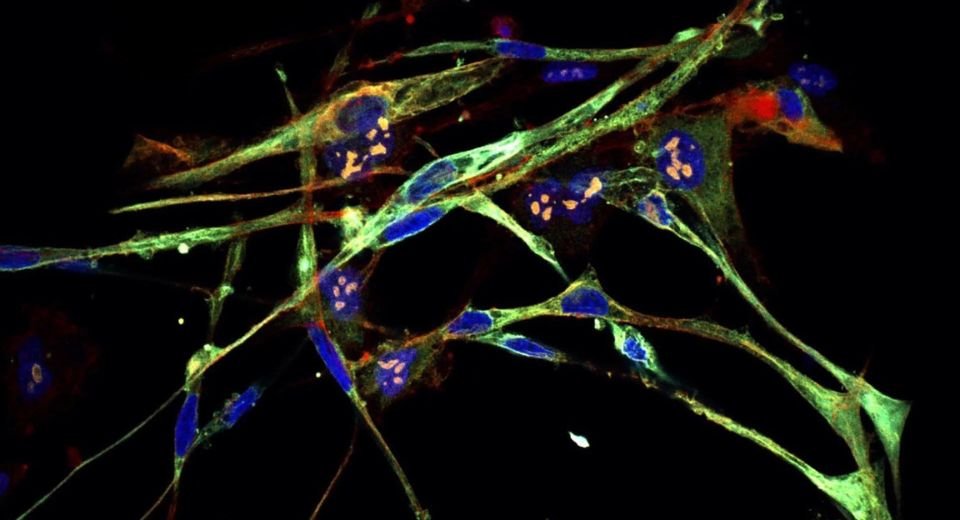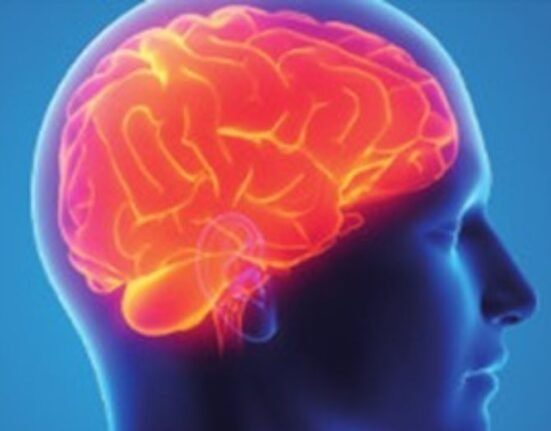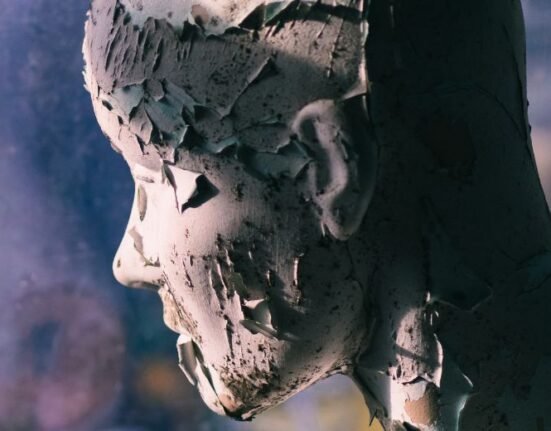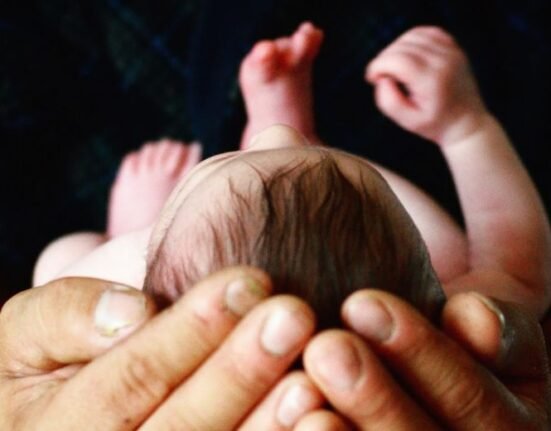HQ Team
September 3, 2023: Scientists have converted cancer cells to healthy ones to treat a devastating pediatric cancer through a method called differentiation therapy.
The rhabdomyosarcoma (RMS) cancerous cells resemble children’s muscle cells and they are formed in the connective muscle tissues. Treatment often involves chemotherapy, surgery, and radiation—procedures that are especially hard on kids, according to a statement.
Cold Spring Harbor Laboratory Professor Christopher Vakoc said no one knew if differentiation therapy worked in this aggressive cancer and after research it seems a possibility that the therapy works.
Prof Vakoc and his team created a new genetic screening technique.
Using genome-editing technology, they hunted down genes that, when disrupted, would force RMS cells to become muscle cells. That’s when a protein called NF-Y emerged. When NF-Y was impaired, the scientists witnessed an astonishing transformation.
May be applicable to other cancers
“The cells literally turn into muscle,” he said. “The tumor loses all cancer attributes. They’re switching from a cell that just wants to make more of itself to cells devoted to contraction. Because all its energy and resources are now devoted to contraction, it can’t go back to this multiplying state.”
The newfound relationship between NF-Y and RMS may set off the chain reaction needed to bring differentiation therapy to patients.
The therapy could be applicable to other cancer types. If so, scientists may someday work out how to turn other tumors into healthy cells.
RMS cancer is a rare type of cancer that forms in soft tissue — specifically skeletal muscle tissue or sometimes hollow organs such as the bladder or uterus. RMS can occur at any age, but it most often affects children.
“This technology can allow you to take any cancer and go hunting for how to cause it to differentiate,” Vakoc explains. “This might be a key step toward making differentiation therapy more accessible.”
The research was funded by the National Cancer Institute, Pershing Square Sohn Cancer Research Alliance, National Institutes of Health, and Christina Renna Foundation, among others. It was published in PNAS.








